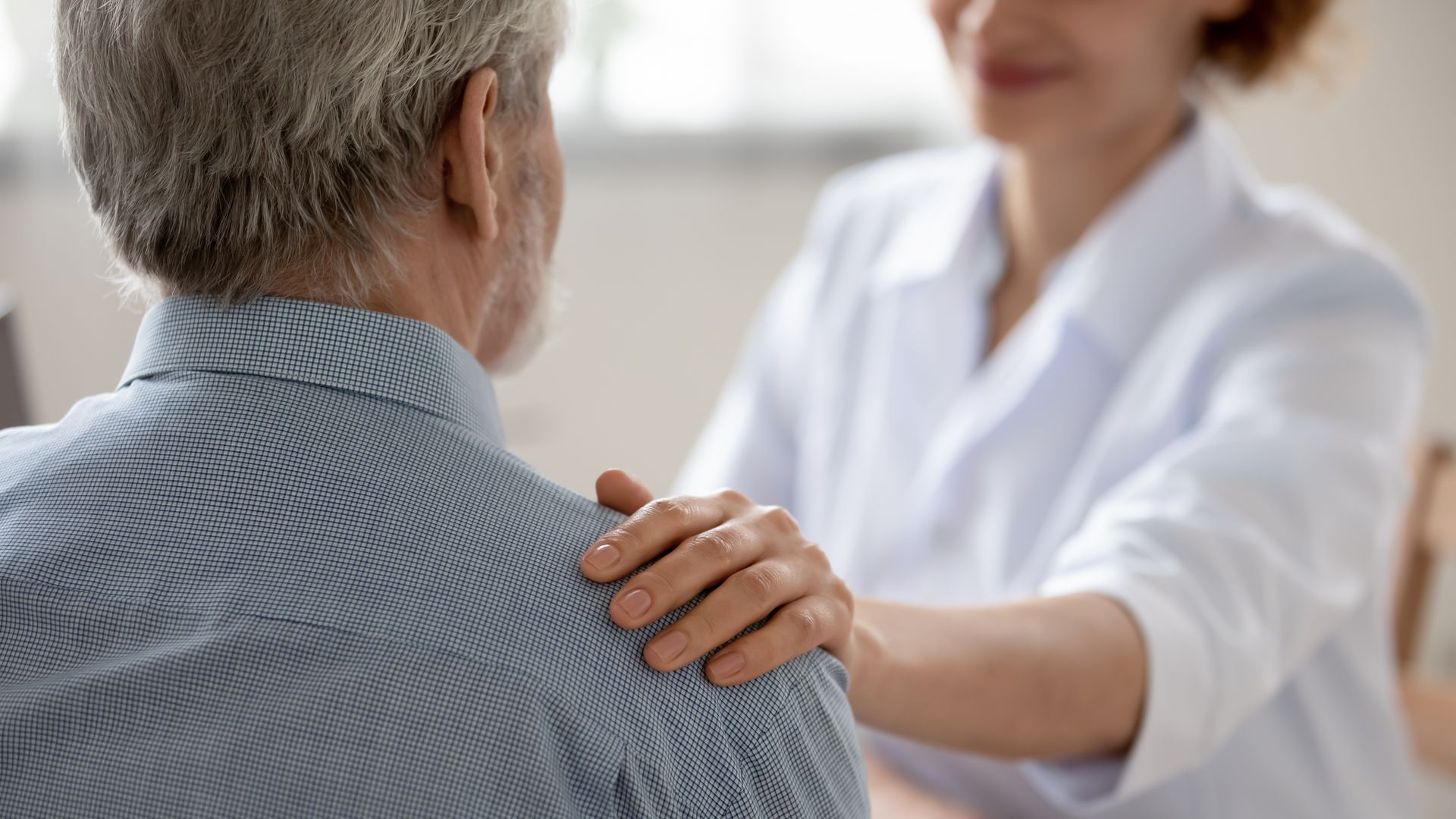Give us a call: (303) 814-2688
Email us on: francis@assuredal.com
BLOG
Learning to Live After the Death of a Spouse
Written By: Karen Weeks of Elder Wellness (elderwellness.net)
The death of a spouse is ranked as life’s single most stressful event. Losing the person you’ve shared your life with for decades, who you’ve raised children and navigated life’s ever-changing challenges with, changes life like nothing else can. Seniors moving forward after a husband or wife’s death must learn how to manage a household, socialize, and balance the checkbook without a partner by their side. But perhaps even more challenging is learning how to cope with life’s stresses without their long-term support system to lean on — especially in the wake of such a difficult time.
In the immediate aftermath of a spouse’s death, seniors should expect a tumult of emotions. And unlike the oft-repeated “stages of death,” they won’t come in a tidy order. It’s normal for the bereaved to feel waves of anger, shock and confusion, intense sadness, and even guilt, and these strong emotions can come on with little warning.
Thankfully, the acute stage of grief tends to fade after a few months as mourning turns to healing. However, for some seniors, the volatile, intense emotions stick around and the loss stays at the forefront of their mind. This can lead to a mental health issue known as complicated grief, wherein the bereaved person is so consumed by feelings of loss that they can’t resolve their grief. Without help, complicated grief can contribute to major depression and impact long-term quality of life.
Even in non-complicated grief, bereaved seniors will experience feelings of loneliness that can, at times, seem overwhelming. It’s normal to feel lonely after the person you’ve lived side-by-side with for years is no longer with you; what’s important is how you respond. Sometimes, the first instinct is to withdraw into ourselves in the face of intense loneliness. Perhaps the TV gets turned on a little more often, or bottles of wine become a distraction from difficult emotions.
Despite those urges, it’s important that bereaved seniors reach out to others for support. Family, friends, church members, grief support groups, and mental health professionals are all valuable resources for anyone coping with a spouse’s death. Getting out not only gives the elderly a compassionate ear to talk to, it can also improve their long-term health. Research has shown that social support helps seniors stay healthy both mentally and physically as they age.
Another important benefit of socializing after grief is that it exposes bereaved seniors to people who can notice concerning health changes they may not notice in themselves. The stress of grief can have a big impact on seniors’ mental health, from short-term effects on memory and concentration to mood disorders or addictions that could last for years. Loved ones, community members, and doctors alike should look out for signs of cognitive changes, mood disorders, physical illness, and even substance abuse issues like alcohol abuse or prescription drug misuse. Seniors are at risk of developing a drug or alcohol problem after a spouse’s death regardless of past substance use. As resilient as seniors are, they’re not immune to serious mental health issues that can diminish their quality of life.
While it’s important to maintain a social network, it’s not the only thing the elderly need after the death of a spouse. Widowed seniors are unlikely to be as resilient and independent alone as they were in a marriage. Depending on their ability to handle the demands of everyday life, bereaved seniors may need to hire in-home help, move in with family, or transition to a senior living community. However, since big lifestyle changes are stressful on their own merit, it’s wise to delay major transitions until several months after the death.
Whether you’re a senior coping with a partner’s death or a concerned loved one wondering what you can do to help, it’s important to be aware of the warning signs of an unhealthy grieving process. With the support of loved ones and professional help, it’s possible for seniors to move forward positively after widowhood.
Image via Unsplash
All Rights Reserved | Assured Senior Living














